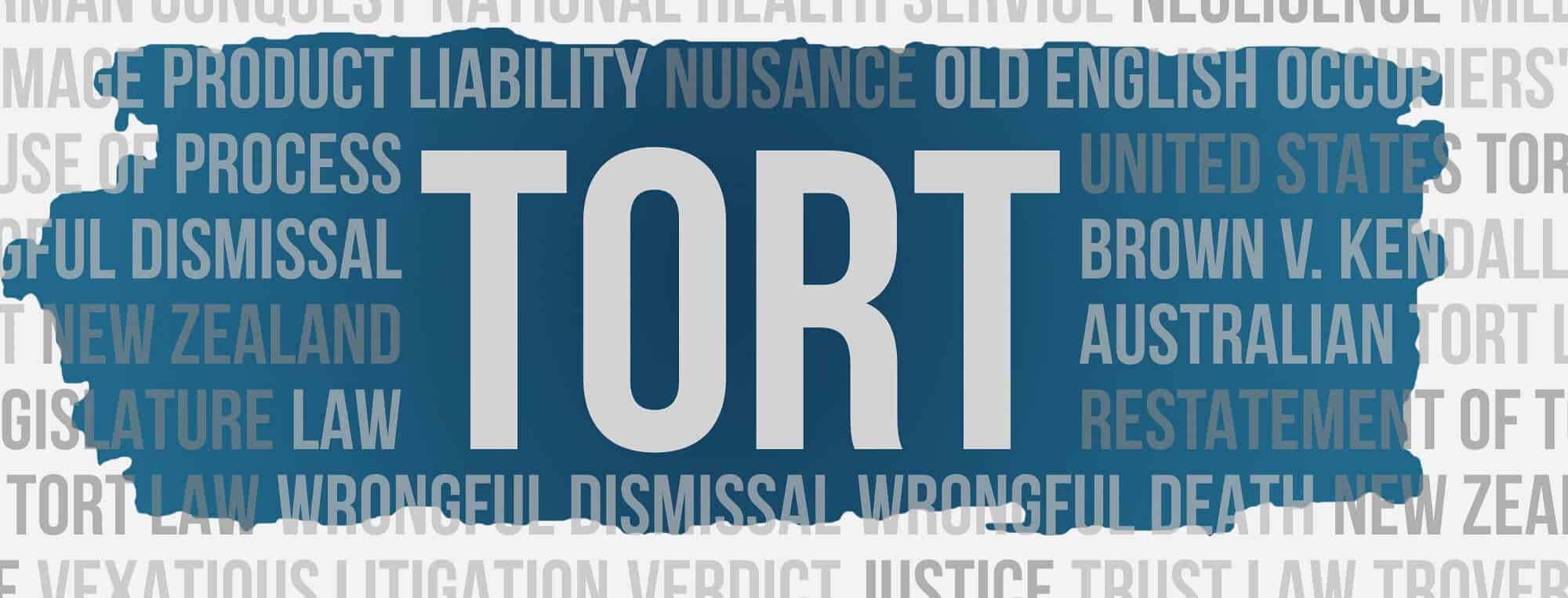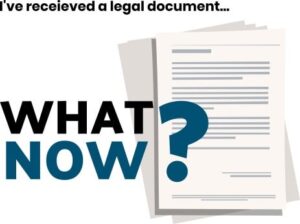What are the elements for establishing a cause of action in misleading or deceptive conduct?
The following elements must be established in order to make a claim for misleading or deceptive conduct:
- The conduct was engaged in ‘in trade or commerce’; and
- The conduct must have been misleading or deceptive or likely to mislead or deceive.
What is ‘in trade or commerce’?
Section 2 of the ACL establishes that ‘trade or commerce’ includes any business or professional activity within or between places outside of Australia (whether or not it was carried on for the purpose of making a profit). In Australia, ‘in trade or commerce’ has been held in common law to be conduct that is carried out in a trading or commercial business, or that has a trading or commercial character.[3]
In the case of Australian Competition and Consumer Commission v Homeopathy Plus! Australia Pty Limited,[4] Perry J held that trade or commerce has a wider definition that is not restricted to activities designed to make a profit. The Court in this case further established that ‘in trade or commerce’ is an expression of fact and common knowledge and should not be restricted to dealings or communications between parties who are at ‘arm’s length’ (i.e. transactions that are within open markets or between strangers only, or transactions that have the dominant objective of profit-making).[5]
What is considered ‘misleading or deceptive’ conduct?
- In the case of Google Inc v Australian Competition and Consumer Commission,[6] French CJ, Crennan and Kiefel JJ held that the words “likely to mislead or deceive”, with reference to the general and ordinary meaning of the words, make it clear that it is not necessary to demonstrate actual deception to establish a contravention of section 18 of the ACL. The test for whether conduct is misleading or deceptive is an objective test that depends on:
- The effect the conduct is likely to have had on ordinary or reasonable members of a particular class; and
- Whether the members of that class would have been misled or deceived or are likely to have been misled or deceived.[7]
Who is considered an ‘ordinary or reasonable member of a particular class’ was considered in the recent case of the Federal Court, Telstra Corporation Ltd v Singtel Optus Pty Ltd [2020] FCA 1372. In this case, what is commonly referred to as the ‘ordinary and reasonable consumer test’ was affirmed by Justice Jaggot, who considered the effect of the relevant conduct on ordinary and reasonable members of the class to whom the conduct was directed. Justice Jaggot further confirmed that the number of reasonable persons who might be misled is irrelevant to the test under the ACL.
The courts have also noted that intention is not an element of misleading or deceptive conduct. This means that conduct can be misleading or deceptive even if the defendant believed they acted reasonably and honestly.[8]
The test that the Courts have developed to establish whether or not conduct is misleading or deceptive was stated by Gordon J in Australian Competition and Consumer Commission (ACCC) v Dukemaster.[9] In this case, Gordon J stated that the following elements must be established in order to prove misleading or deceptive conduct:
- The “conduct” in the circumstances must lead, or be capable of leading, a person into error;
- The error or misconception must result from “conduct” of the individual or corporation (defendant), and not from other circumstances for which the individual or corporation is not responsible; and
- “Conduct” is likely to mislead or deceive if there is a “real or not remote chance or possibility regardless of whether it is less or more than fifty per cent” that a reasonable person in the circumstances would be misled or deceived. [10]
Misleading and Deceptive Conduct Examples
Common examples of conduct that may be deceptive or likely to mislead or deceive include:
- False advertising about a company’s goods or services;
- False advertising concerning a competitor’s goods or services;
- The use of small fine print or disclaimers to conceal important information consumers ought to be made aware of;
- Bait advertising and special offers misrepresenting a company’s products or prices to lure in consumers;
- Pricing errors, where products are advertised at an incorrect price, including circumstances where companies deliberately offer a ‘discount’ when in fact the product has not been discounted; and
- Silence or non-disclosure of important information that is likely to lead the consumer into error.
Can silence or non-disclosure be misleading or deceptive?
Silence or non-disclosure of information may, in some circumstances, constitute misleading or deceptive conduct. For conduct to be misleading or deceptive, it is not necessary that the conduct conveys either an express or implied representation, but that the conduct is sufficient to lead, or likely to lead, a consumer into error.[11]
The Courts use an objective test in determining whether silence or non-disclosure may have amounted to misleading or deceptive conduct by looking at whether or not there was a reasonable expectation of disclosure in the circumstances. If there was, the conduct is likely to indicate misleading or deceptive conduct.[12] However, the Courts do not impose a general duty of disclosure on a person or corporation in every business transaction or circumstance and will determine whether or not misleading or deceptive conduct has been engaged in on a case by case basis.[13]
Can representations as to future matters amount to misleading or deceptive conduct?
A person who makes a representation about a future matter may be engaging in misleading or deceptive conduct if that person does not have reasonable grounds to make those representations.[14] A representation is in respect of a future matter if the representation displays relevant characteristics or benefits that a particular product or service will present in the future after the purchase of that particular product or service was made.[15] For example, the courts have held that making a representation that a product will have anti-cancer benefits with continued use in the future was a representation as to future matters.[16]
What remedies are available for a cause of action in misleading or deceptive conduct?
If a person breaches section 18 of the ACL by engaging in misleading or deceptive conduct, the consumer that has suffered loss or damage as a result of that conduct will have a right to seek damages under section 236 of the ACL.
It is important to note that individuals may be liable for engaging in misleading or deceptive conduct even during the course of their employment. For example, if a salesperson of a company makes a misleading or deceptive representation about a product on behalf of the company, the consumer will be entitled to pursue the salesperson personally, notwithstanding that the salesperson’s company may have been the supplier of the particular good or service in question.
If you believe that you have been the victim of misleading or deceptive conduct, or you have been accused of engaging in misleading or deceptive conduct, our litigation lawyers are here to assist you.
Call Gibbs Wright Litigation Lawyers today for a free and confidential consultation to discuss your matter and explore your legal rights and options.
References
- Competition and Consumer Act 2010 (Cth) Schedule 2. ↩︎
- Valve Corporation v Australian Competition and Consumer Commission [2017] FCAFC 224. ↩︎
- Concrete Constructions (NSW) Pty Ltd v Nelson (1990) 169 CLR 594, 603. ↩︎
- [2014] FCA 1412 [290]. ↩︎
- Ibid. ↩︎
- Google Inc v ACCC (2013) 249 CLR 435 at [6]-[9] ↩︎
- Ibid. ↩︎
- Ibid; ACCC v TPG Internet Pty Ltd (2013) 250 CLR 640 [55]-[57]. ↩︎
- Australian Competition and Consumer Commission (ACCC) v Dukemaster Pty Ltd [2009] FCA 682. ↩︎
- Australian Competition and Consumer Commission (ACCC) v Dukemaster Pty Ltd [2009] FCA 682 [10]. ↩︎
- Miller & Associates Insurance Broking Pty Ltd v BMW Australia Finance Limited (2010) 241 CLR 35 [15]-[16]; POA Enterprises Pty Ltd, Parcour Pty Ltd and Malcolm Richard Anderson trading as Stratford Village Pharmacy v Chemist Warehouse Cairns & Anor; Nash and Caris trading as Terry White Chemists Pacific Fair v Chemist Warehouse Southport & Ors [2012] QSC 316 [21]. ↩︎
- Miller & Associates Insurance Broking Pty Ltd v BMW Australia Finance Ltd (2010) 241 CLR 357 [15]-[16]. ↩︎
- Demagogue Pty Ltd v Ramensky (1992) 39 FCR 31, 32. ↩︎
- Competition and Consumer Act 2010 (Cth) sch 2 Australian Consumer Law s 4. ↩︎
- ACCC v Purple Harmony Plates Pty Ltd [2001] FCA 1062 [18]. ↩︎
- Commissioner for Fair Trading, Department of Commerce v Perrett [2007] NSWSC 1130 [121]-[123]. ↩︎




